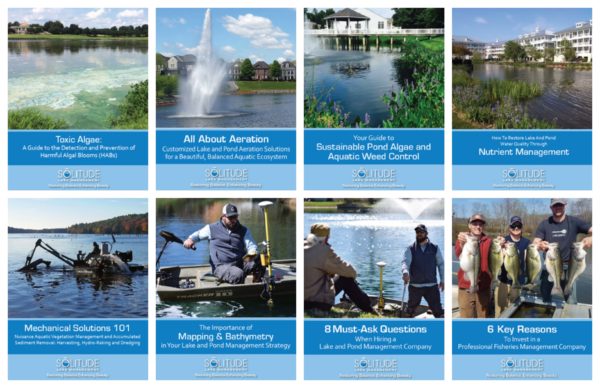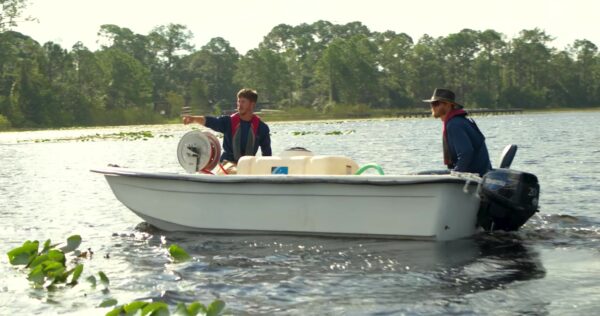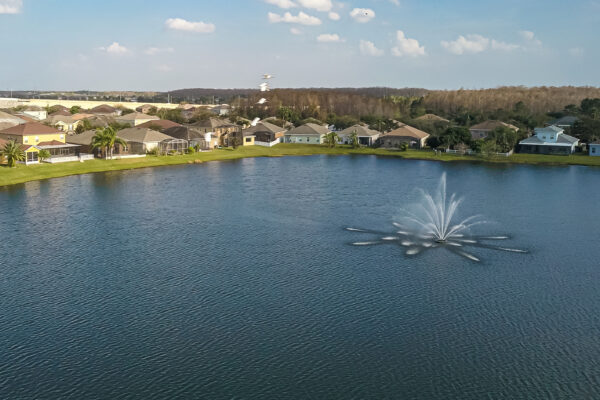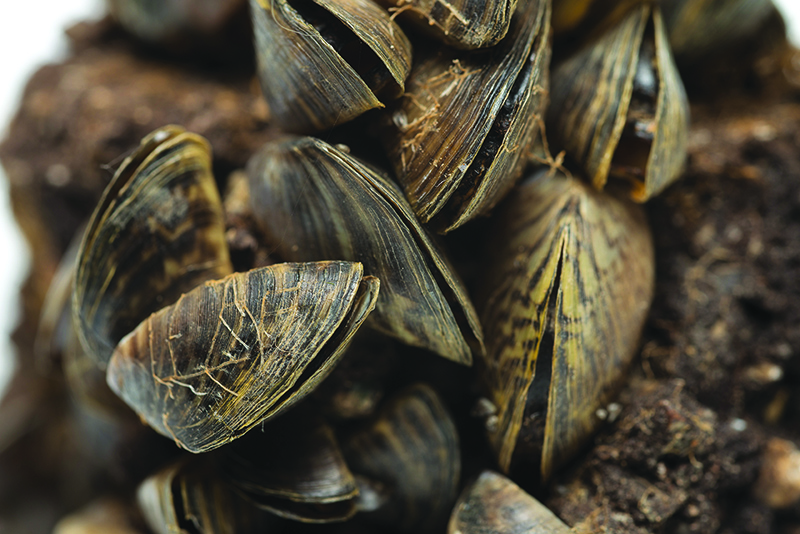
Highly invasive zebra mussels and quagga mussels are a growing threat to our freshwater lakes, ponds and rivers. These tiny invaders adversely affect phytoplankton and zooplankton populations, kill native mussels, ruin fish spawning areas, damage structures and clog water supply pipes and facilities. Roughly the size of a fingernail, zebra mussels and quagga mussels will attach themselves to just about any solid surface including boat motors, docks, swim ladders, drinking water reservoir intake pipes and even native mussels. While research into prevention and eradication continues, there are some proven management strategies currently available.
Zebra and Quagga Mussel Facts
- Zebra mussel populations, first reported in the Great Lakes, are now found in at least 28 states.
- There are estimates that zebra mussels have cost communities and businesses as much as $5 billion since being discovered in the U.S. in 1988.
- Quagga mussels were first discovered in North America in 1989 and are nearly identical to zebra mussels both physically and behaviorally.
- One quagga or zebra mussel can produce five million eggs in its five-year lifetime.
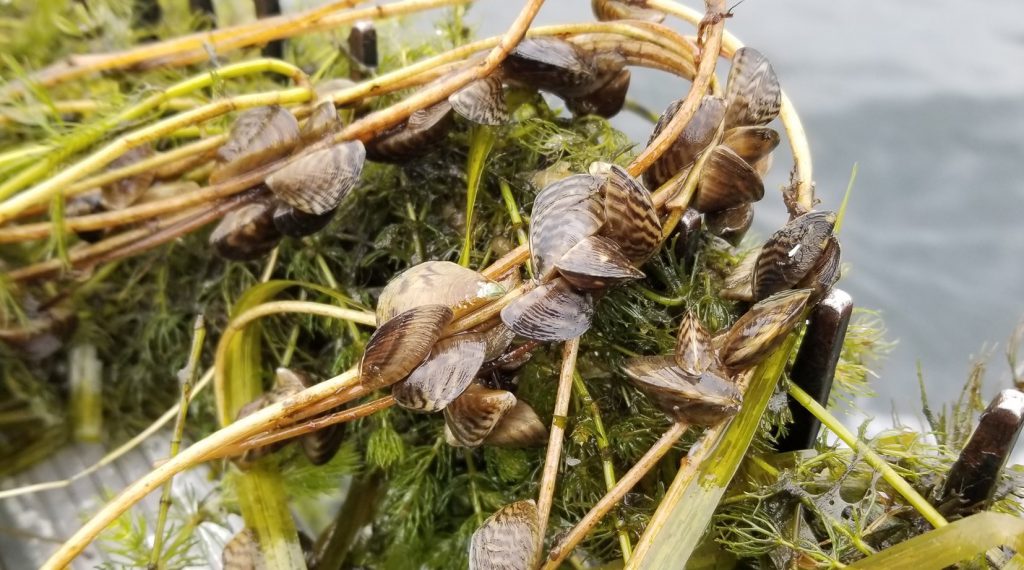
Zebra and Quagga Mussel Management Strategies
The invasive species management experts at SOLitude utilize an EPA-registered molluscicide for the prevention and control of zebra and quagga mussels. The product is rapidly dispersing and readily ingested by the quagga and zebra mussels, making it an excellent approach for controlling the spread and infestation of these devastating species. It has also shown to be effective at concentrations that are safe for most fish and other non-target organisms. The molluscicide also has the added benefit of helping control unwanted algae and cyanotoxins in lakes, ponds and drinking water reservoirs.
How You Can Help Prevent the Spread of Quagga and Zebra Mussels
Zebra and quagga mussels are easily spread by recreational boats, and there are a few important things that boaters, anglers and divers can do to help prevent the spread of invasive mussels and other harmful exotic species.
- Be sure to thoroughly inspect your boat and trailer. Remove any aquatic weeds and scrape off and throw away any suspected mussels.
- Drain all water from your boat and equipment before leaving the lake or pond.
- Do not reuse any live bait that has contacted infested water.
- Thoroughly rinse and dry boats, motors and trailers when you get home.
Most importantly, learn to identify zebra and quagga mussels and contact your aquatic management professional at the first sign of these tiny invaders.
Looking for a proven strategy to prevent or control zebra and quagga mussels? Contact the invasive species management experts at SOLitude.



